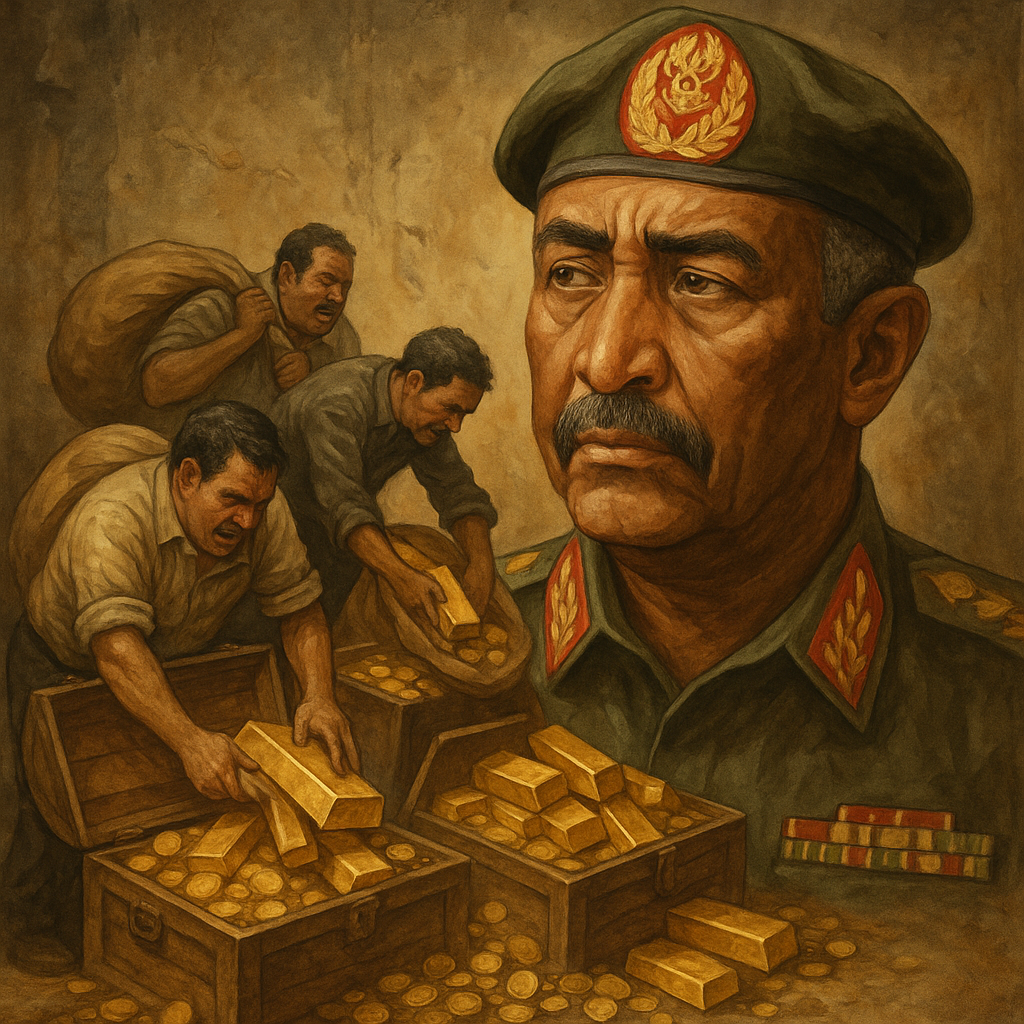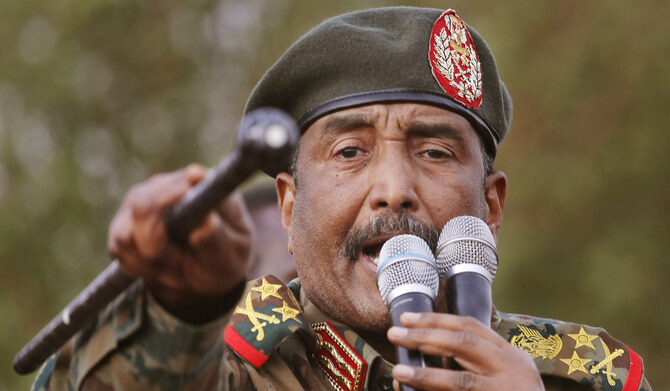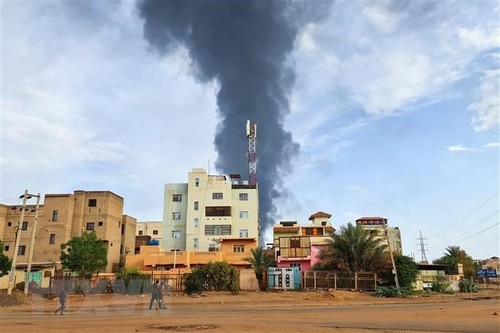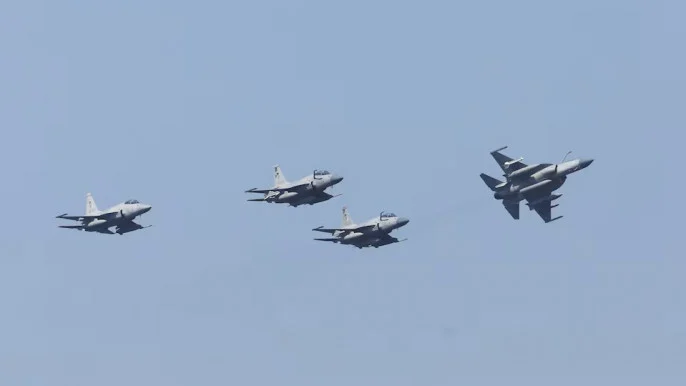
SAF chief Gen. Abdel Fattah al-Burhan is facing fresh allegations that relatives leveraged his wartime authority to build influence over the country’s gold industry, according to an economist with knowledge of the mining sector and recent investigative reporting.
The economist, who spoke to Al-Ain on condition of anonymity citing security concerns, said al-Burhan expanded the remit of his brother, lawyer Hassan al-Burhan, after the war erupted in April 2023 against the Rapid Support Forces (RSF). Those powers allegedly enabled preferential access to exploration blocks and off-take advantages, with proceeds used to shore up the general’s hold on power.
According to the source, Hassan al-Burhan’s prominence in mining-related government circles dates back to the transitional period when Mubarak Ardol was appointed to lead the Sudanese Mineral Resources Company. He, Ardol and Sovereign Council member Gen. Shams al-Din al-Kabashi allegedly operated as a lobby that sold the state’s share of gold—collected via the resources company—by exploiting the “official discount” commonly applied in the market.
After the war began, the source claims, Hassan moved beyond that circle to form a new network with another brother, Khalid al-Burhan, and Mosleh Nassar, an adviser to current prime minister Kamal Edris. This group allegedly sought deeper reach across the sector.
Hints of expanding family influence have surfaced in open-source reporting. Africa Intelligence recently highlighted the growing role of Hassan al-Burhan in a sector that accounts for roughly half of Sudan’s exports, including a report that he visited newly appointed mines minister Nour al-Daeem Taha to discuss policy the day after Taha took office. Taha has publicly denied any relationship with Hassan al-Burhan, calling such claims “rumors” and “absurd lies,” and said he has never met him.
Other unverified accounts circulating in regional media have alleged that Egyptian authorities seized $10 million in cash from Hassan al-Burhan at an airport in January 2024 before later releasing the funds. These reports could not be independently confirmed in the article being summarized.
The economist interviewed by Al-Ain said the trio of Hassan and Khalid al-Burhan with Mosleh Nassar established ties with the Defense Industries System (DIS), the military’s sprawling commercial conglomerate. Burhan’s SAF, through DIS, are said to own more than 300 commercial and industrial companies across mining, construction, water, food, pharmaceuticals, banking, telecoms and aviation, generating revenues he estimated at over $2 billion annually.
He added that the al-Burhan family’s earnings and capital accumulation were boosted by control over imports of mining inputs—especially chemicals—via “exception letters” from the Mines Ministry. Taha’s appointment to that portfolio, the economist alleged, followed direct intervention by al-Burhan during cabinet formation under Prime Minister Kamal Edris. The presence of Taha, he claimed, facilitated the allocation of gold-exploration blocks to al-Burhan’s relatives and, in practice, enabled them to take over long-held sites from other artisanal operators.
Sanctions concerns have also colored the landscape. The economist pointed to a decision by the SAF in July to suspend activities of several military-linked companies in mining, construction and printing; he described this as a tactical response to mounting U.S. and European sanctions risks tied to the war economy. In June 2023, the U.S. Treasury sanctioned the Defense Industries System as part of measures aimed at drying up conflict financing, alongside entities such as Sudan Master Technology. Research by U.N. experts and scholar Jean-Baptiste Gallopin has long documented military-linked business interests in gold, hides, gum arabic and significant shares of wheat and pharmaceutical imports.
The Africa Intelligence report sparked broad debate on Sudanese social media amid a deepening humanitarian catastrophe and economic collapse. Activist Abdelmonem Suleiman argued online that prolonging the war benefits Islamist networks aligned with the SAF and directly serves al-Burhan’s family interests by sustaining access to gold revenues—an assertion rejected by al-Burhan’s supporters and not independently verified in the reporting summarized here.
The competing claims underscore a core question for Sudan’s political track: how much control any civilian authority—current or future—could exert over one of the country’s most strategic resources while powerful military, commercial and familial networks remain entrenched.




